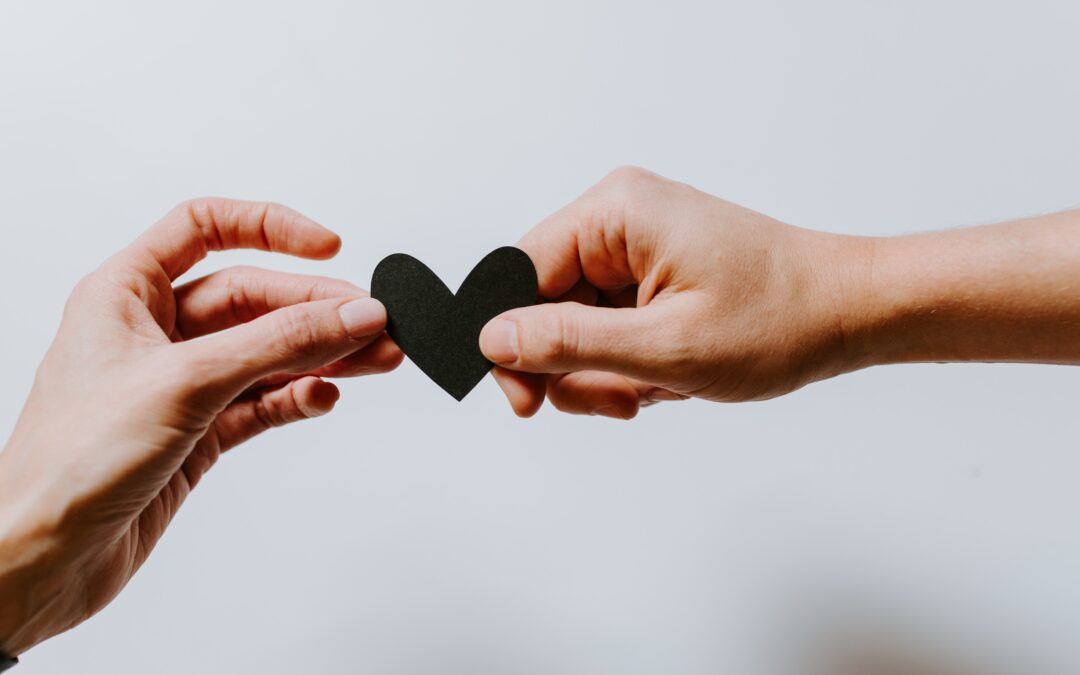What happens to relationships when one or more of those involved is engaged in active addiction? Research overwhelmingly shows that addiction takes an immense toll on a person’s relationships. Anyone who has experienced addiction—either themselves firsthand or in relation to a loved one—can likely attest to these harmful, and at times, irreparable impacts.
The Impact of Addiction on Relationships
So, how does this happen? During someone’s period of addiction, their brains and bodies come to increasingly rely on the addictive substance or behavior for a multitude of things, including emotional “regulation” and a means to connect with others. For the person engaging in addiction, daily living and interpersonal interactions can begin to feel overwhelming and even intolerable without the aid of the substance or behavior. Thus, over time, the individual begins to show up in relationship with others via the usage of their addiction. Of course, the nature of the individual’s addiction renders them incapable of being in their relationships authentically. In effect, the individual’s addiction comes to replace human connection as their most significant relationship. For the loved one witnessing this process, they likely encounter hurtful behaviors, such as social withdrawal, rage, or other means of acting out.
What happens in recovery?
When a person enters into recovery for their addiction, it is common for their family and close friends to have expectations of “getting their loved one back”—and doing so almost as soon as engagement in the addiction has subsided. Reality can look much different, however. During the process of recovery, an individual must grapple with the underlying mental, emotional, and environmental factors that contributed to their addiction. Resultingly, the person likely will have to make a lot of changes in order to maintain their recovery. In some cases, this may lead to changes in their patterns of interaction in relationship. Thus, the person may be practically unrecognizable compared to who they were both in active addiction, as well as prior to that addiction ever began.
The Way Forward for Relationships in Recovery
In order to address the toll that addiction and recovery can take on relationships, it is important that the individual in recovery seek support for navigating their most significant connections with others. In addition to a person’s individual recovery process, couples therapy or family therapy could be avenues to provide a way forward for relationships in transition. Additionally, many support groups for family and friends of those in addiction exist, and these could provide invaluable insight into relational difficulties during this period. 12-Step programs, such as Al-Anon, Alateen, and Adult Children of Alcoholics, may be similarly useful resources specifically for those with loved ones struggling with substance-related addictions.
Contact Us to Connect with a Therapist
If you or someone you know could benefit from working through addiction or associated relationship issues, we are here to help. At Greenway Therapy we have multiple therapists who can guide you on your journey, provide resources, and support you.
Have more questions? E-mail us at admin@greenwaytherapy.com, or call us at 800-353-6402, and a therapist would be happy to talk with you!
Rachel Hines is an Provisional Licensed Professional Counselor at Greenway Therapy. Learn more about her on her BIO page.





